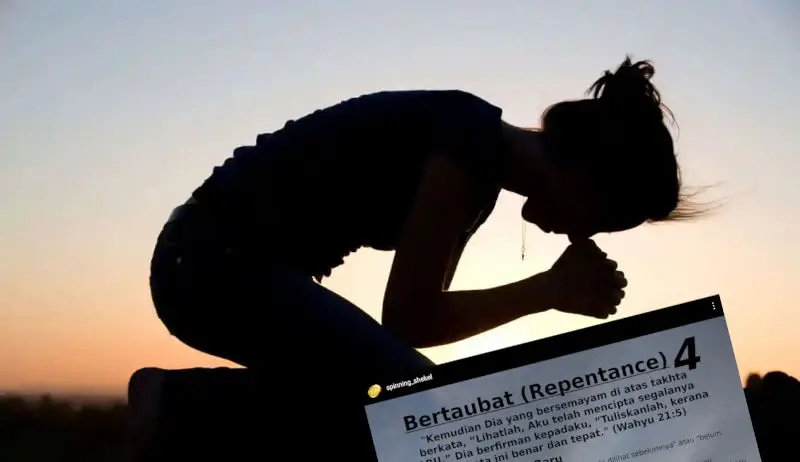And God will wipe away every tear from their eyes; there shall be no more death, nor sorrow, nor crying. There shall be no more pain, for the former things have passed away.” Then He who sat on the throne said, “BEHOLD, I MAKE ALL THINGS NEW.” And He said to me, “Write, for these words are true and faithful.”
Revelation 21:4-5
The Webster dictionary describes “new” as not old, recently born, built or created, different from one of the same category that has existed previously, of dissimilar origin and usually of superior quality; beginning as the resumption of a previous act or thing.
In 2 Corinthians 5:17, when someone trusts in God for salvation, the Holy Spirit indwells him, and he becomes a new creation. Therefore, if anyone is in Christ, the new creation has come. The old has gone, the new is here.
The first coming of Christ and His works at the Cross, is to fulfill the demands of the Father in order to save us from eternal damnation. The second coming in future, is to make all things new. The old; that is sin, wickedness and the fallen nature of this world. The new; that is purity, holiness and eternal life.
In Romans 10:4, the apostle Paul said “For Christ is the end of the law for righteousness to everyone who believes”. Here we have two literal ways of interpreting what Paul said. The explanation commonly heard in churches, is that with Christ, the law is no more. The old covenants have already been replaced with new ones. We are no longer required to obey the old laws. The second approach requires us to take a deeper look into the meanings of what Paul actually said; that Christ is the beginning and the end to the entirety of the law that God has commanded men to obey. Which means, Christ Himself will enforce the laws until we cross the finish line.
Christ Himself said this, “Do not think that I came to destroy the Law or the Prophets. I did not come to destroy but to fulfill” (Matthew 5:17). And to those who believe and honor righteousness, he promise not to condemn but instead told them to go and sin no more (John 8:11). By commanding us not to sin, Jesus did not add any restriction on us. He wants us to live our lives to the fullest, accomplish whatever we wish to accomplish and achieve whatever goals that our hearts desire, but doing them without sinning.
How then is it even possible to identify the new as something similar or same as the old? Is it logical for Christ to reason that with Him, we could continue our lives as usual, in wickedness and in sin? What rationale is this, that we who call ourselves as those for the righteous and holy God but yet in our deeds, we do entirely the opposite to the nature of God?
What is the point if we come together each Sunday to worship and to call out the name of Jesus but on the other hand, we do not resemble His holiness on six other days of the week? How is it we can say we believe in Christ but yet we do not do as He had commanded us; not to sin?
Do we have to repeatedly put new wine into old wine skins and destroy them (Mark 2:22)? What is the point of persistently calling out to be blessed by Him but yet none of our prayers reaches the Father because of our indulgence in habitual sin? In John 9:31, the Bible said “Now we know that God does not hear sinners; but if anyone is a worshiper of God and does His will, He hears him.”
What Must We Do
Pray and seek guidance from the Holy Spirit. Ask Him to show us whether did God say that we are no longer required to obey His laws. Pray for this misconception to be clarified. Pray and ask the Holy Spirit to show us the way and the truth that will guide us to the road towards salvation and eternal life.
Part Three < > Part Five






Good evening brother. I don't know anyone you mentioned above but I can sensed the hurt that you are going…
Please confine your comments to the subject of this post, i.e. a preacher caught lying in daylight. It is none…
"And also, from this line of reasoning given by Christina Ang, what about the score of believers who died from…
Benny Hinn has been spinning fraud messages ever since he started his ministries. He's been using Christian principles to gain…
Thanks for picking up on my comment made in an earlier post. Now, we know why genuine Christians will be…